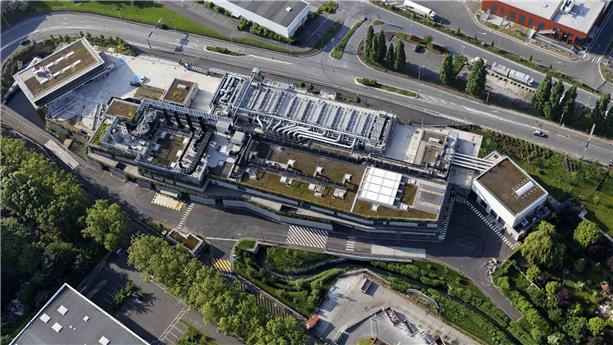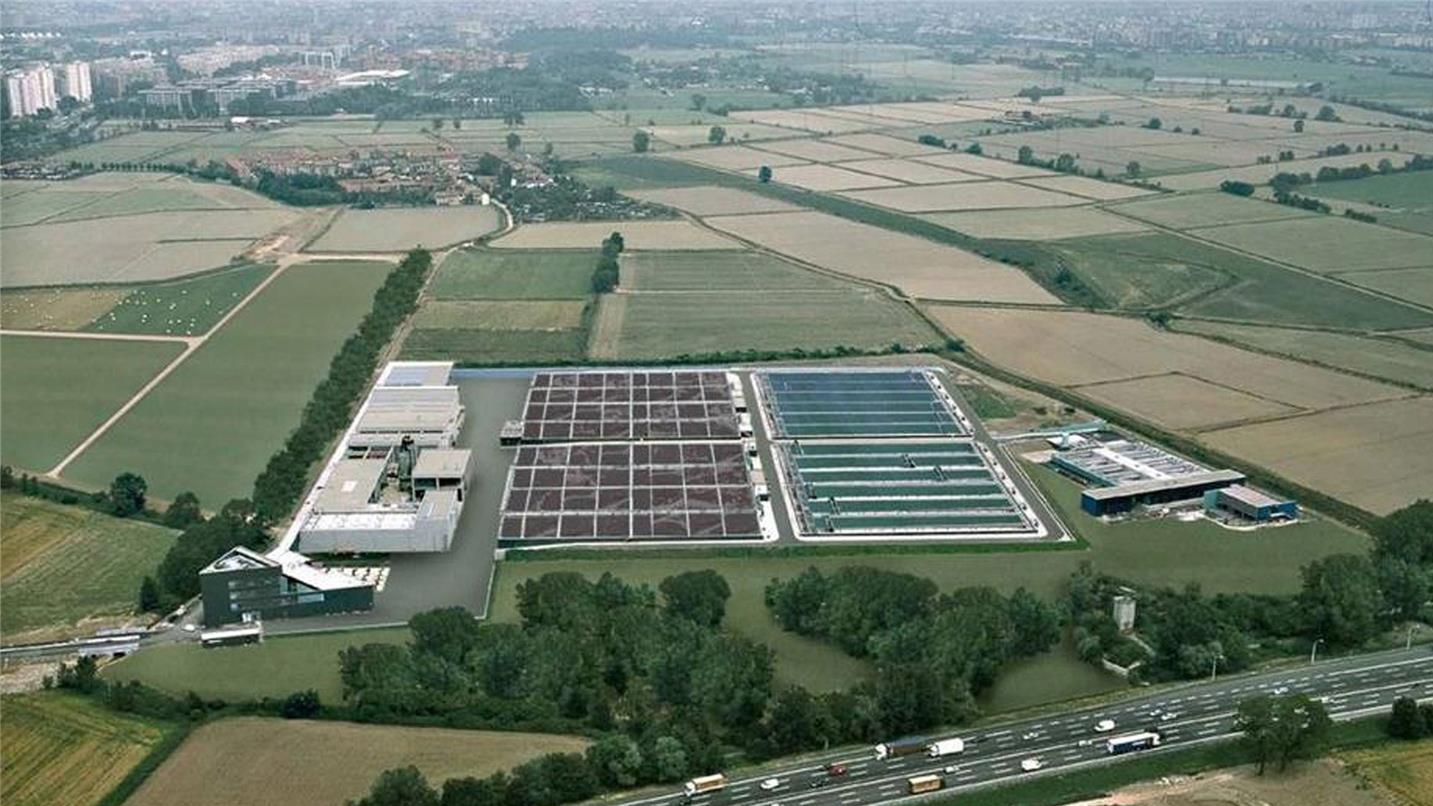
Wastewater treatment plants
Efficient treatment solutions that even make it possible to reuse treated water.

Milan, the capital of Italy’s Lombardy region, is considered to be the country’s economic heart. Criss-crossed by the Po river and its tributaries, the region nonetheless suffers from periods of harsh drought. The surface water tables are not sufficiently regenerated while the irrigation of agricultural crops consumes almost 70% of local water resources.
To manage recurrent droughts and support its agricultural industry, the Milan authorities turned to SUEZ in October 2001. The main issue for the region was to implement a sustainable crop irrigation solution that would preserve water resources, namely
SUEZ offered Milan the largest alternative water resource in Europe. Its sustainable management of the water cycle reconciled economic issues with protection of the fragile natural environment; agriculture was given a boost and the balance of the surrounding ecosystem was re-established.
In dry periods, all recycled wastewater is used to irrigate 22,000 hectares of crop fields. In summer 2006, this saved up to 80% of maize and rice crops according to estimates by local farmers.
The technologies developed by SUEZ enable Milan's farmers to return to their vegetable growing traditions. Food crops that were sensitive to water quality (tomatoes, potatoes, certain rice varieties) had been stopped because of the organic pollution of the river water and the poor quality of wastewater treatment. They have all been resumed. Fish and frogs that had disappeared returned to the surrounding rivers, fresh water fishing was reopened.
